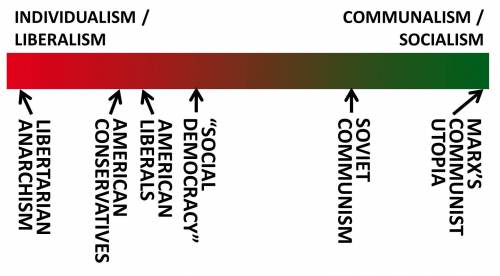We’re entering the final week. Assuming you have already completed your Book Review Project and the Midterm II (from last week’s Unit 7), you have 2 things left:
Final Exam
The final exam is 80 points. It is made up of 6 MC questions on the book reviews (2 pts each) + 14 MC questions re-covering material already covered in Quiz 2 and the two midterms (each of the 14 MC/TF ques are 2 pts). That’s 40 pts in objective questions. Then there are 5 open ended questions asking you to reflect on certain issues – I’m looking for a 2-3 paragraphs, not long essay answers.
The final exam is submitted once. There is no enforced time limit. D2L might say 120 mins is recommended, but you can ignore that. You should be able to open the final exam, work on part of it, save your work, and come back to it later. If it doesn’t allow you to return to your saved work, let me know ASAP. That is my intent. It’s kind of an online open-book exam.
If you want to study for it first, go back and review quiz 2, midterm I, midterm II, and read the student book project reviews.
Making 3 specific posts on the compsys16.econproph.net website. Specifically, one to identify your 1-3 “Best” posts for me from the semester – the ones you think are most thoughtful; A post reflecting on this course’s experimental design (don’t be afraid to be critical, I’m a big boy); and finally, a self-reflective post on what you’ve learned this semester.


